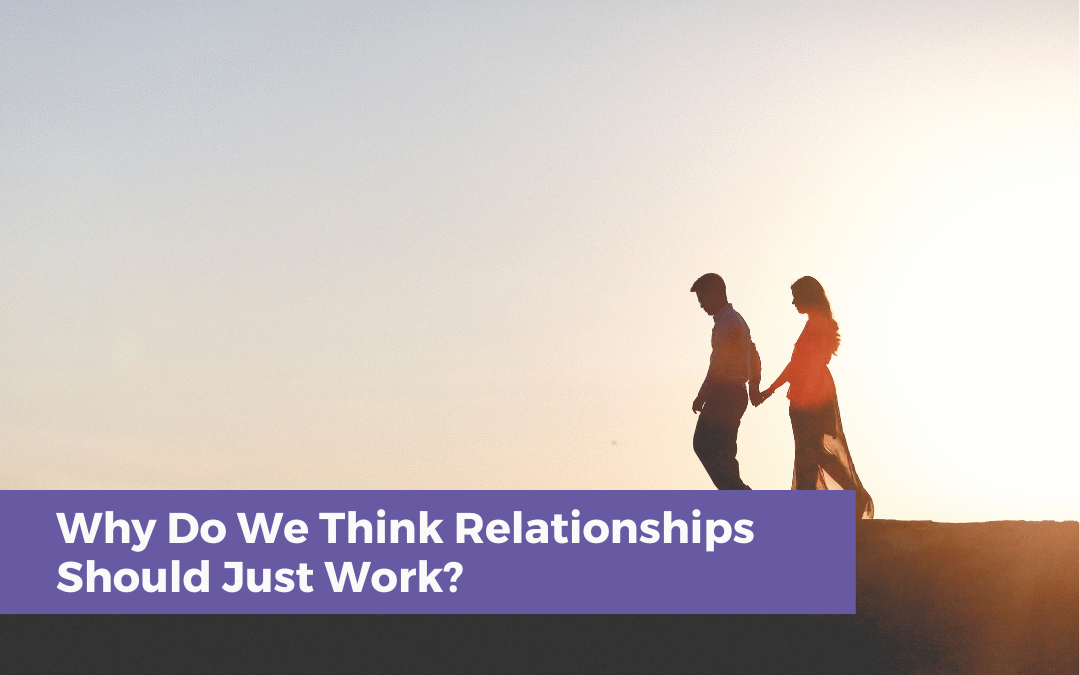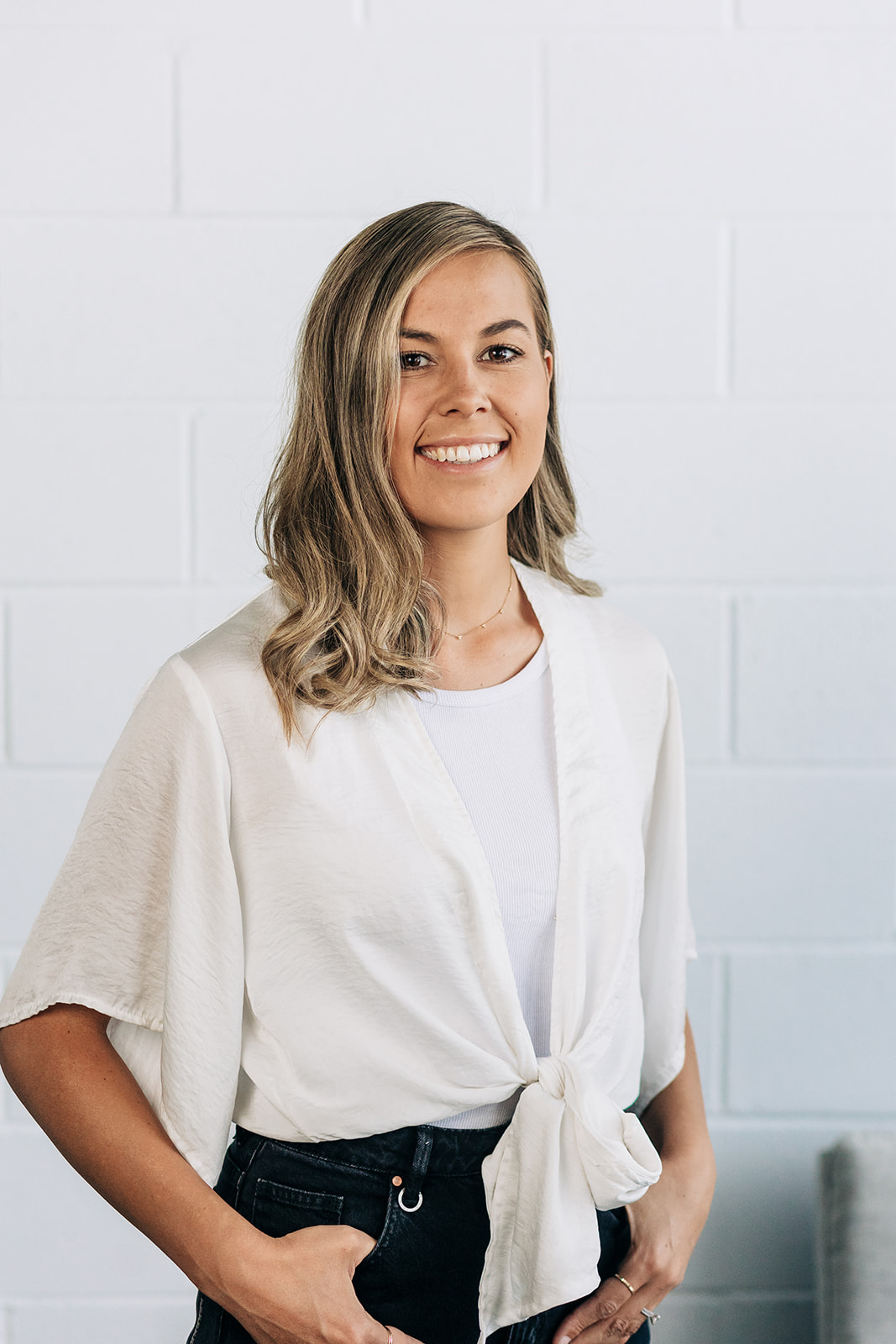Somewhere along the way, probably through Hollywood films and love stories, we picked up this idea that relationships should just work.
Like, if you find “the one,” everything will feel easy. You won’t have to talk about your needs because the right person will just know. There’ll be no fights, no miscommunications, no awkward silences. Just constant connection and magical kisses in the rain.
My personal favourite was The Notebook. I binge-read it one night before my Year 12 Phys Ed exam and I absolutely loved it. It was so romantic and he built her a house. A whole house. For her. And of course, they ended up together in the end.
Then there’s Titanic. Devastating, sure, but still a sweeping love story. 10 Things I Hate About You. Notting Hill. P.S. I Love You. amongst some problematic story lines, involving lying and deceit, every single one ending in grand gestures, declarations of love and a lifetime of bliss.
Except real life doesn’t look like that. And when it doesn’t, we assume something must be wrong.
What Do Real Relationships Actually Need?
Here’s the part people don’t always realise. Even the healthiest relationships come with hard bits. Conflict, feeling misunderstood, hurt feelings, unmet needs. It’s all part of the deal.
The work that actually keeps relationships strong is stuff like emotional regulation, communication skills and knowing how to repair after conflict. It’s being able to sit with discomfort, like when you set a boundary and someone’s disappointed,and letting that be okay.
It’s also about having shared standards. What are the things we both agree are not okay? What are the lines we won’t cross, even when we’re angry or hurt or totally over it?
This isn’t just theory. These are the things that make or break connection over time.
Why Do People Struggle to Ask for What They Need?
A pattern I see all the time in therapy is people asking for what they need in a way that lands like a criticism.
Instead of saying
“I’d love us to feel more connected”
it comes out as
“You never pay attention to me”
Instead of asking
“Can we do something for my birthday this year?”
they say
“You never celebrate my birthday”
It’s a total mood killer. But underneath that prickly delivery, there’s usually something really reasonable. A bid for closeness. A need for reassurance. The problem is that it gets completely lost in the tone.
One of the things couples often come to me for is how to handle conflict or communication. And so many times, they think they’re telling their partner what they want,but they’re not. Not in a way that actually lands.
I had a couple recently where this came up around a milestone birthday. He said,
“But I told her how important it is to me”
But when we unpacked it, he hadn’t actually said
“It’s a big milestone and I’d love to celebrate it together”
He said
“You never do anything special for me. I just want to spend time with my kids”
So she took that as rejection. That he didn’t want to spend time with her. Meanwhile, she’d actually been planning something special for him behind the scenes.
But he’d already jumped to conclusions. He’d already made other plans. And instead of clearly saying what he wanted, he accused her of not meeting his needs,even though he hadn’t really asked for anything in the first place.
He just assumed she’d know how he wanted to be celebrated. And everything he was saying? It was actually pushing her away and making her feel like crap.
And let’s be honest,when you feel like shit, you don’t exactly feel like going out of your way to do lovely, thoughtful things for someone, do you?
Are Today’s Relationships Really That Different?
People often say things like
“We never used to have these issues growing up”
or
“My parents were together for 40 years and they were just happy”
Sometimes they were. But sometimes they weren’t. They just didn’t have a choice.
Especially when you look at our grandparents’ generation. Many women had very little financial independence. In some countries, they couldn’t even open a bank account or own property without a man. Separation wasn’t an option,it wasn’t socially acceptable and often wasn’t legally or financially possible.
So no, things weren’t always better back then. They were just different. And it’s not fair to compare today’s relationships to a version of the past that left a lot of people stuck.
What Helps Relationships Last?
One of the biggest shifts I see in couples work is when people stop assuming and start understanding their partner’s intentions.
So much of our pain in relationships comes from assumptions. We assume we know why they did that. We assume they’re being selfish or thoughtless or lazy. We assume they should know better.
But when we slow it down and actually talk about what’s underneath, something shifts.
I’ve seen so many couples have these big aha moments when they finally get what was going on for the other person. The tension softens. Empathy shows up. It starts to make sense.
Because it’s never really about the dishes or the forgotten birthday or the tone of voice. It’s about what it means. What it represents. The stories we tell ourselves about why it happened and what it says about our place in the relationship.
That’s why the real work is emotional and relational. And yes, it can feel clunky. But it’s worth it.
Is the Grass Really Greener Somewhere Else?
One of my favourite reminders is
“The grass isn’t greener on the other side. The grass is greener where you water it.”
It’s easy to look at other couples and assume they’ve got it easier. That their connection is stronger, that they just naturally “get” each other. But more often than not, it’s because they’ve done the work.
Or at least started it.
If things feel disconnected or clunky or just plain hard, it doesn’t mean it’s broken. It might just mean it needs watering.
Want practical tools to reconnect with your partner and improve how you handle conflict?
Explore the Relationship Refresh course created for couples who want more connection, clarity and calm.









Recent Comments